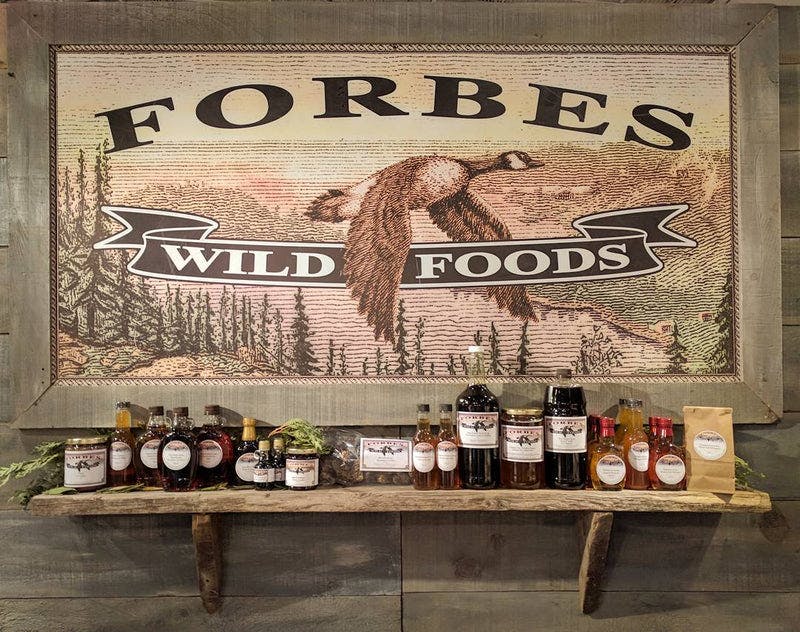
Forbes Wild Foods entered the brick-and-mortar scene a few months ago with a stunning store on the Danforth. What's the concept? For the past 25 years, Forbes Wild Foods has been reintroducing Ontarians to foods that have been all but lost in culinary culture/commercialization of our food systems, and with growing consumer interest in sustainable eating, it just made sense for Forbes Wild Foods to open up a storefront.
Forbes Wild Foods brings in over 100 Canadian-sourced wild products that are hand-picked and foraged, all native to Canada. They focus on sourcing foods that are in abundance, not crops and plants that are threatened, endangered or relied on by local fauna.
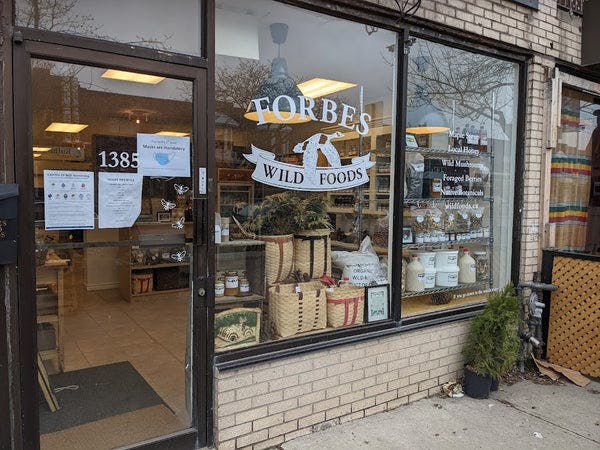
They have multiple ways to source, sometimes folks reach out to them with a unique harvest right in their backyards, they work with First Nations communities in the far north who sell their surplus to Forbes, and they also have forager-friends all over the country and work together to trade goods that are unique to other provinces. Harvesting and use of wild foods is a traditional and common practice for First Nations Peoples, and buying directly from their communities ensures that Forbes is buying at the price they want to sell, and the amount that they are comfortable parting with.
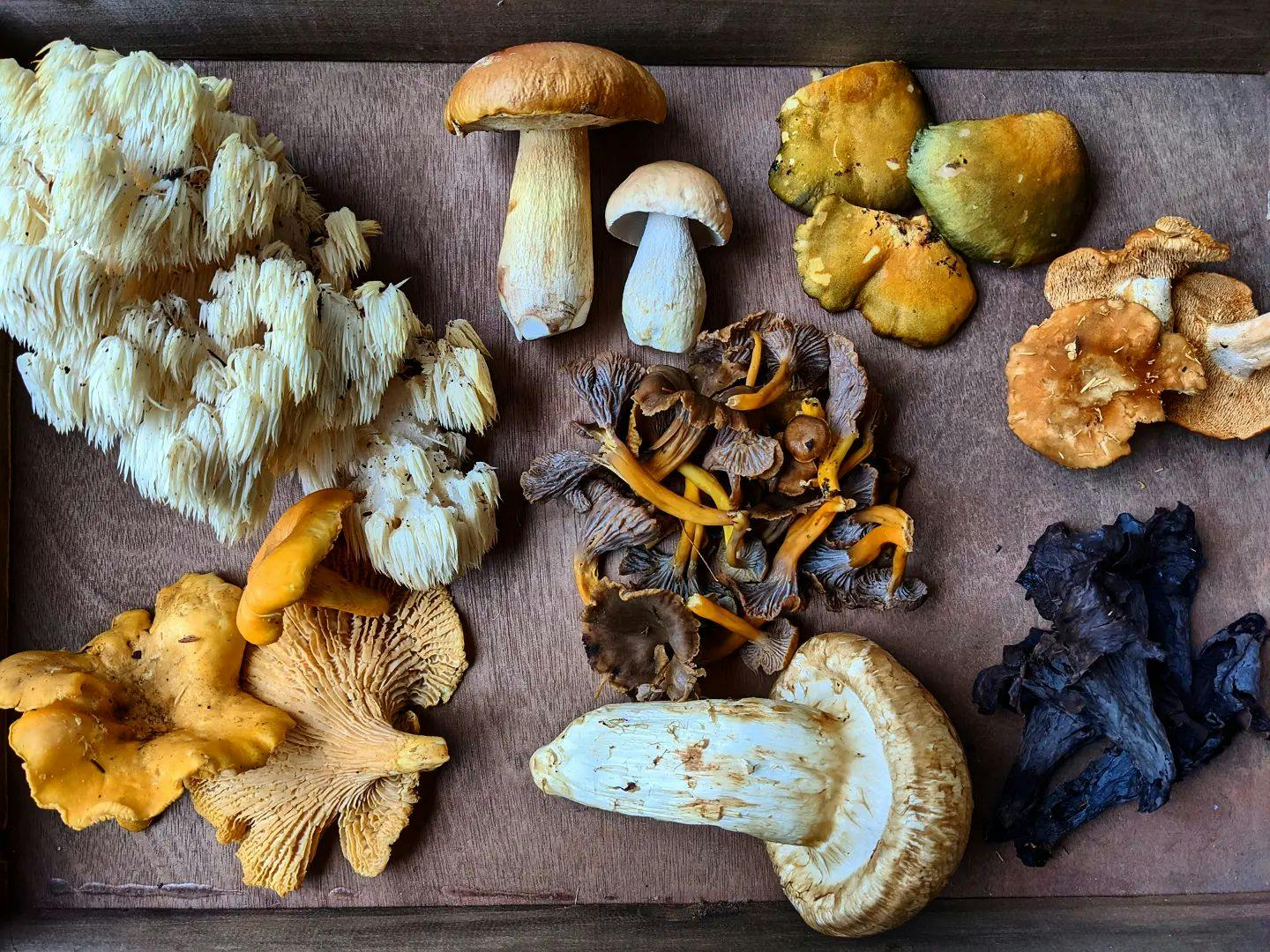
Forbes Wild Foods was started by Jonathan Forbes and is now tag-teamed with his son, Dyson. Many years ago, Jonathan was involved in an auction organized by First Nations People, and there was so much interest in the foods they were harvesting, Jonathan wanted to provide a link for people who wanted to go back to what was offered in Canadian nature. They started by predominantly supplying to restaurants in Toronto, serving hotels and farmer's markets (spot them at Evergreen Brick Works where they've been for 20 years!).
Given many of these foods are not available at commercial restaurants, the best way to get Ontarians to try them would be to introduce the ingredients to them in a restaurant; Toronto chefs and food schools were creating remarkable dishes with the goods that Forbes supplied them. However, during the pandemic, when restaurants stopped buying so much, they felt it was an opportune moment to go directly to the consumer so they too could access freshly foraged foods.
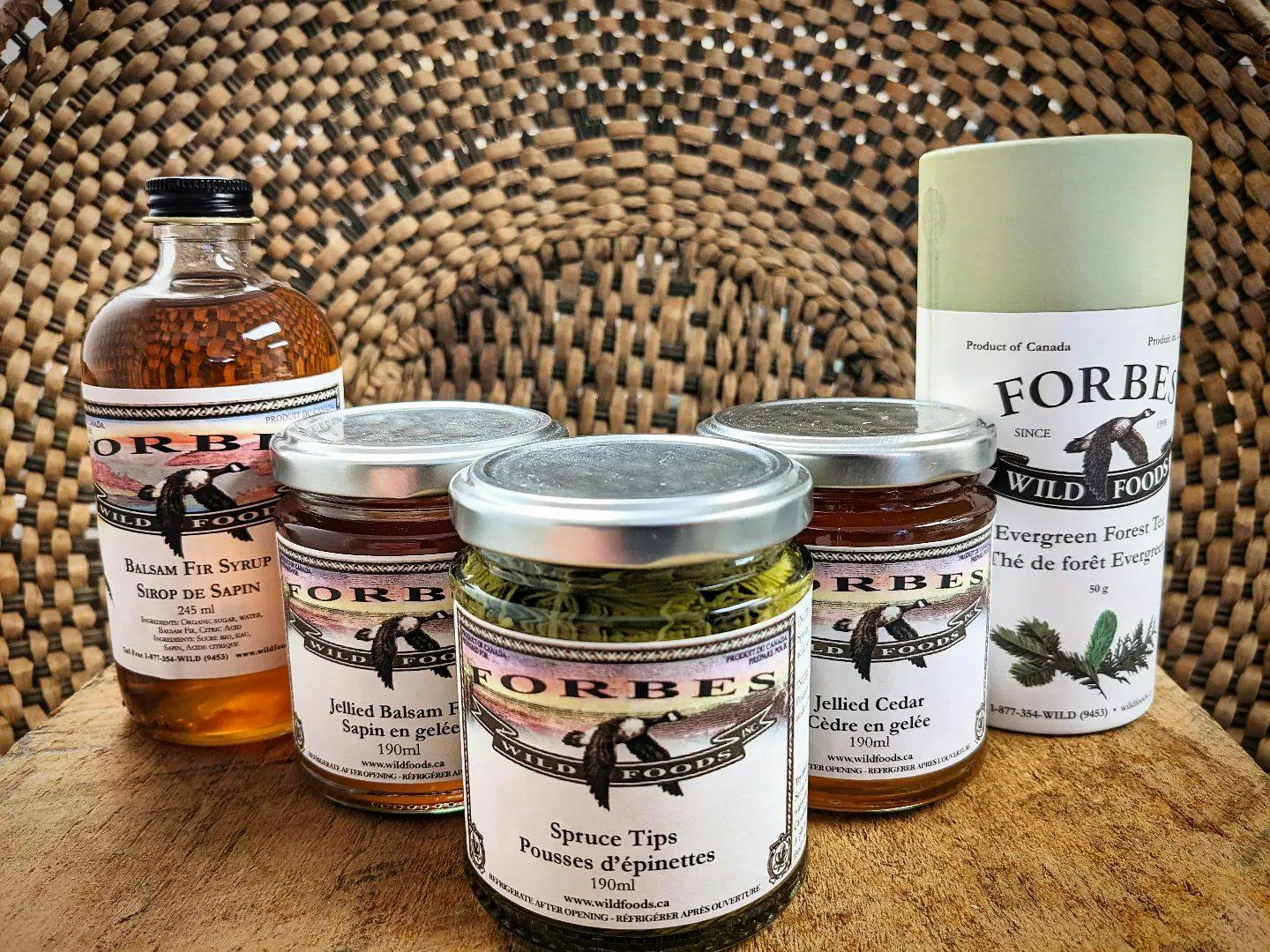
Some products that Dyson Forbes is really passionate about include Forbes' Pure Birch Syrup; unlike maple it's a savoury syrup and a lot more concentrated. Canoe and Auberge du Pommier are two notable restaurants that feature this birch syrup in their dishes. Another unique product is Forbes' Evergreen Forest Tea, the blend of evergreens (allegedly tasting like either camping or Christmas) features balsam and is available as loose leaf. Their Labrador Tea, otherwise difficult to find in Ontario, is a nostalgic hit with Eastern Canadians.
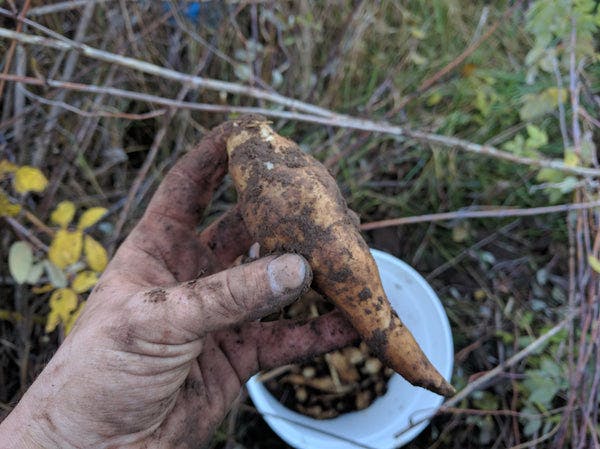
Mushrooms are a greatly sought-after product at Forbes Wild Foods; in general they keep 9 varieties of Canadian wild mushrooms in store (which can quickly expand upwards to 20 species depending on the season). They have Candy Cap, Chipawannas, Black Trumpet, Chanterelles, Oyster, Yellow Butter, Lobster, Turkey Tail, Lion's Main, Chaga, Puffball, etc. If you can think of a Canadian mushroom you want to try, they can probably find it for you.
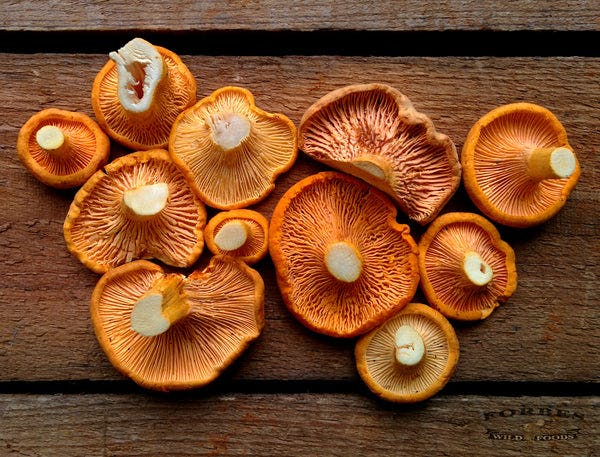
Another product to look out for is the pawpaw, native to parts of Southern Ontario, namely in the Six Nations region as well as Norfolk County, the pawpaw tree is considered rare because of massive deforestation and the fact that its fruit is not easy to commercialize (short shelf life). If you get a perfectly ripe pawpaw fruit, however, the taste is a hybrid between a mango, custard, and banana (read, incredibly tasty). Forbes Wild Foods spends an entire year preparing for the brief but exciting pawpaw harvest, and its only available for people to purchase for 2-3 weeks.
Canada may not have as clearly a defined culinary tradition as other parts of the world (poutine and maple syrup will only get us so far in a conversation about our regional cuisine), but the foods that we do have in abundance here, foods that the First Nations Peoples have been harvesting for centuries, is unique to the country. With our incredibly diverse population, it's amazing to see how our different communities prepare very Canadian ingredients foraged in our own backyards.
